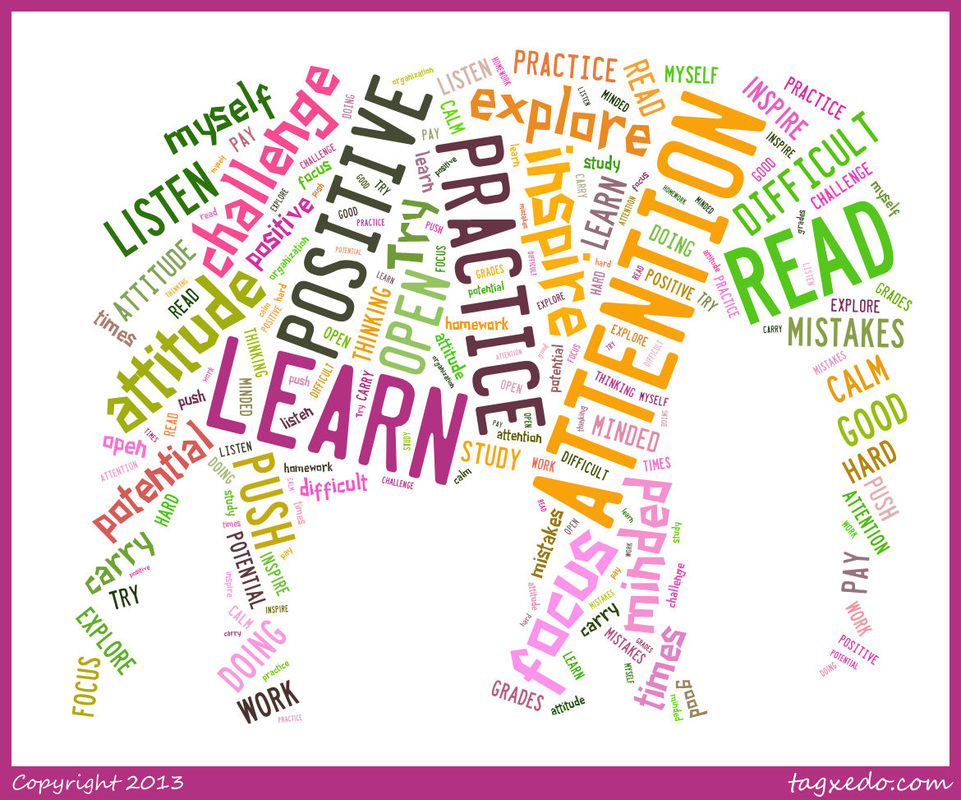"I visited Mrs. Bockius's classroom today, and guest speakers were conducting an egg experiment. Mrs. Bockius divided the students into groups, and each group created a landing pad for eggs. Every group tested their landing pad, but some eggs did not survive the fall! "
All of these sentences are about the egg-drop experiment, and they are also all COMPOUND SENTENCES. In fact, every sentence I have written before this one is a compound sentence! Remember that compound sentences are combined from shorter, complete sentences that could have stood on their own. Watch:
I visited Mrs. Bockius's classroom today. Guest speakers were conducting an egg experiment. These are two perfectly fine, complete sentences on their own. Add a comma and a conjunction and you have the magic of a compound sentence: I visited Mrs. Bockius's classroom today, and guest speakers were conducting an egg experiment. Complete sentence + comma + conjunction + complete sentence = COMPOUND SENTENCE!
Why would we want to use compound sentences? Well, we wouldn't ALL the time, but a little variety in our sentence structure makes our writing more interesting to our reader. Also, as we've discussed before, combining related ideas often helps our writing be more direct, clear and powerful. Look for and highlight conjunctions in your own writing. Then see if that conjunction is linking two complete sentences together. If it is, make sure you separate those two complete thoughts with a comma before that conjunction. You have a compound sentence!
More examples of COMPOUND SENTENCES:
Armeck growled at the girls, so they all ran away screaming!
I couldn't open the door on my own, but Samsam arrived to help me.
Trevian J helps me with math, and I help him with spelling.


 RSS Feed
RSS Feed
